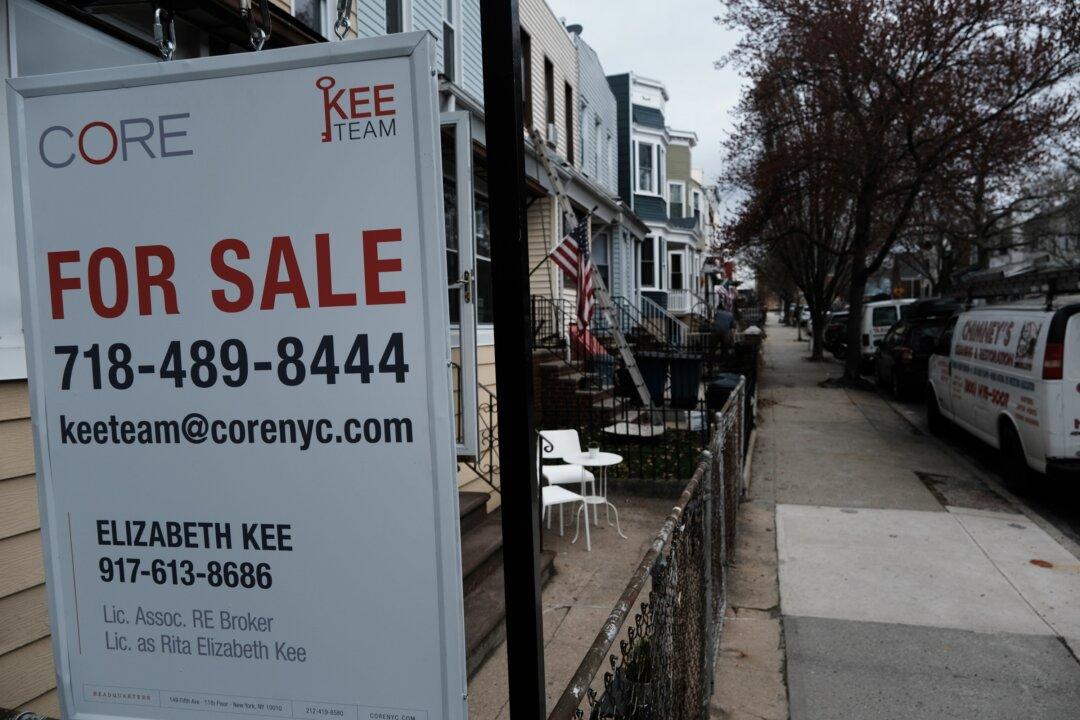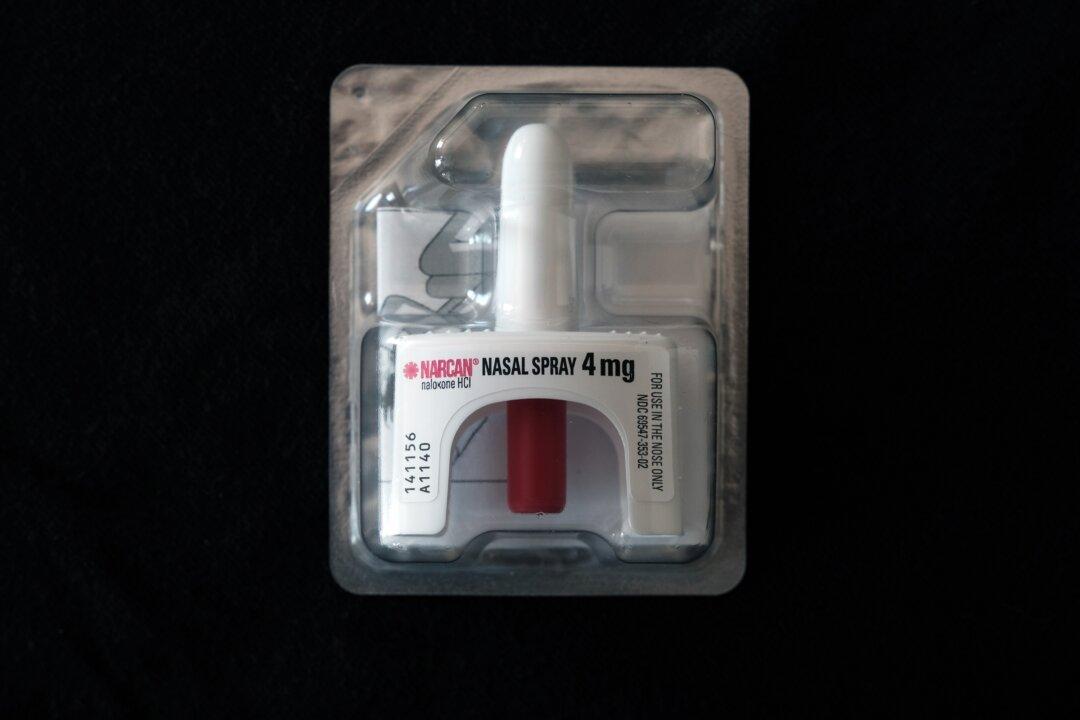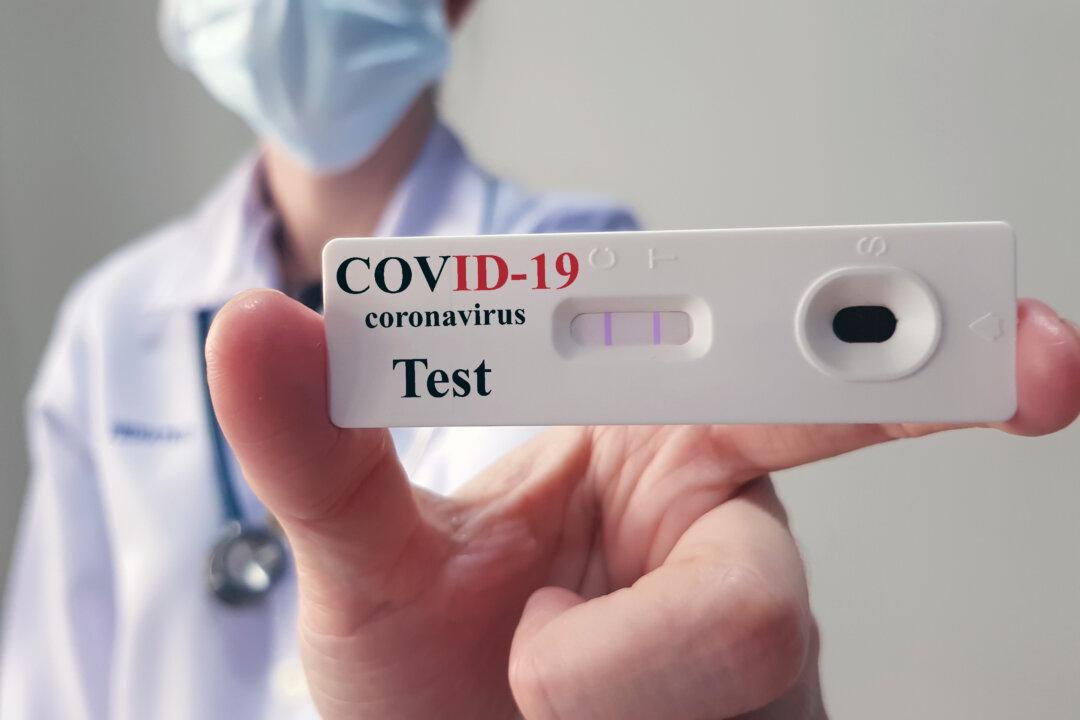As national debate rages about the teaching of critical race theory in public schools, the Pennsylvania Department of Education says schools won’t incorporate the subject into classrooms any time soon, though the department is encouraging “diversity, equity, and inclusion efforts” at all districts.
Kendall Alexander, a spokesperson for the department, told The Center Square that critical race theory—an academic concept that purports systemic racism is embedded into the nation’s legal system and public policies—is “not part of or taught through any state required curriculum in Pennsylvania’s K-12 schools.”





